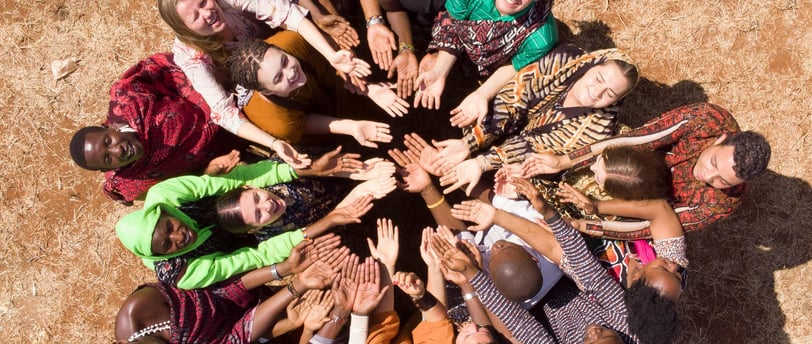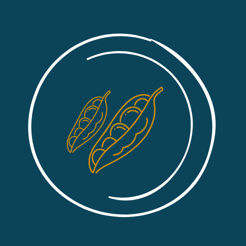On Partnerships...
The Cooperative Way: Why We Choose to Build, Not Extract
4/24/20252 min temps de lecture


Building Where the Soil Is Already Rich
In the world of exports, there’s often a quiet divide. On one side, you have efficiency: bulk contracts, quick trades, and value chains that prioritize volume over voice. On the other, there’s something slower, quieter, but deeper — rooted in people, not just produce. That’s where we choose to plant our roots. At Rickmal, we believe that our work begins where stories are still being told in fields and village squares. We believe that the cooperative way is not just a model, but a mindset. It challenges the extractive history of export by asking a simple question: what if the farm gate was a meeting place, not a barrier?
Cooperatives Are Not a Convenience — They’re a Commitment
We don’t partner with cooperatives because it sounds good. We do it because they’re better. Better at building trust. Better at retaining knowledge. Better at stewarding the land they live on. These are not passive groups handing over goods. They are local economies in motion. In Madagascar and across East Africa, we sit with growers in open-air shelters, under trees, sometimes on plastic chairs pulled from homes. The meetings are informal, but the conversations are everything. Harvest calendars are planned around school terms. Drying methods are adjusted to match microclimates. When infrastructure is lacking, we co-invest. When decisions are needed, we make them together. This is not aid. It’s alignment. These cooperatives care not just about profit, but about the future: solar drying, soil regeneration, school attendance and community deveopment. They don’t stop at the season’s end. In a global food economy increasingly shaped by climate unpredictability, short-term gains come at long-term costs. Traditional models of export are brittle. They break under pressure. A drought, a flood, a border shutdown — and the whole chain fractures. But cooperatives are different. They adapt, not because they are resilient by chance, but because they are built to be collective. A cooperative doesn’t just grow ginger or cashews. It grows mutual accountability. It passes knowledge across generations. It takes pride in quality because the buyer isn’t a faceless market — it’s a relationship. This isn’t a romantic notion. It’s pragmatic. In uncertain times, collaboration is the only true safety net.
From Farming to Futures
We also recognize that agriculture doesn’t exist in isolation. When we work with cooperatives, we’re stepping into larger ecosystems. Education, healthcare, youth opportunities — these are all part of the same root system. Which is why, through our side initiative Somewhat Mada, we support programs that equip schoolchildren in Madagascar with essential tools: stationery, sanitary towels, learning kits. It’s a small gesture, but one that echoes. Because when a cooperative member sees their child walk to school with dignity, or when a classroom has the basic supplies it needs to teach well, the impact of fair trade becomes more than a price point. It becomes personal.
The Quiet Power of Shared Success
We’re not here to save anyone. And we don’t think change comes only from outside. What we hope to do is join in the building. We bring logistics, compliance, export experience. Our partners bring grit, generational knowledge, and a sense of place we could never replicate. Together, that combination creates something export models rarely do: belonging. To extract is easy. To build takes time. But we believe in the long game. The one where flavour lasts longer, trust runs deeper, and success is shared.
Not because it’s trendy. Because it’s true. Together, we grow more than products. We grow futures.
CONTACT US
The Waterfront Karen, Lang'ata Road, Nairobi.
contact@rickmalmerchants.com
+254795977490
Let’s be friends :
Mo - Fri: 9am - 6pm
© 2025 Rickmal Merchant Ltd.
All rights reserved
